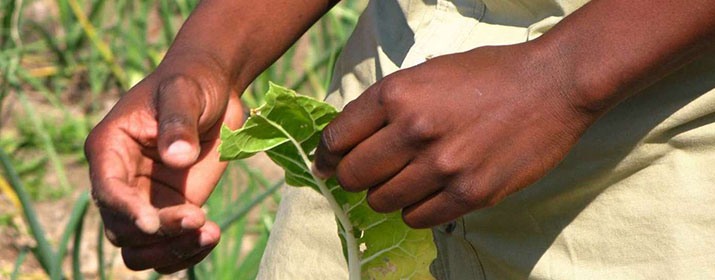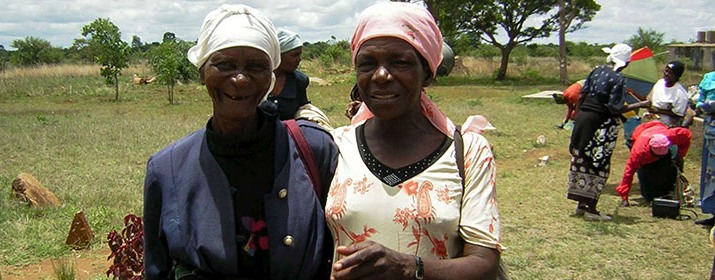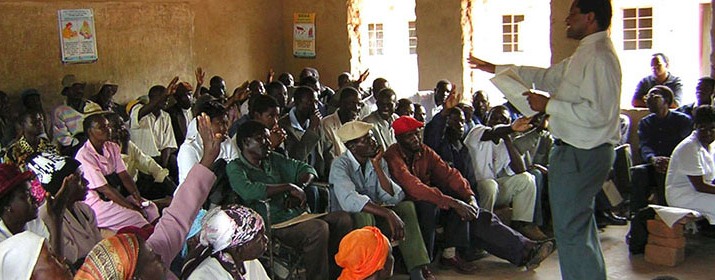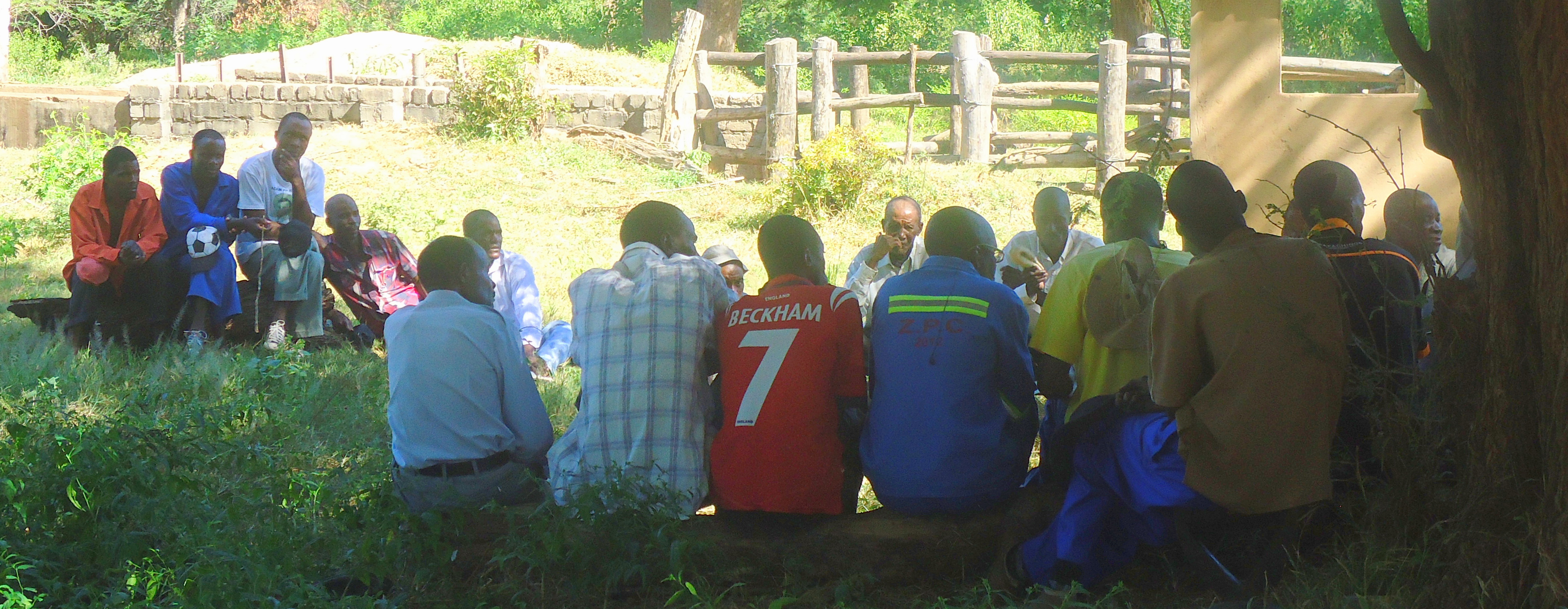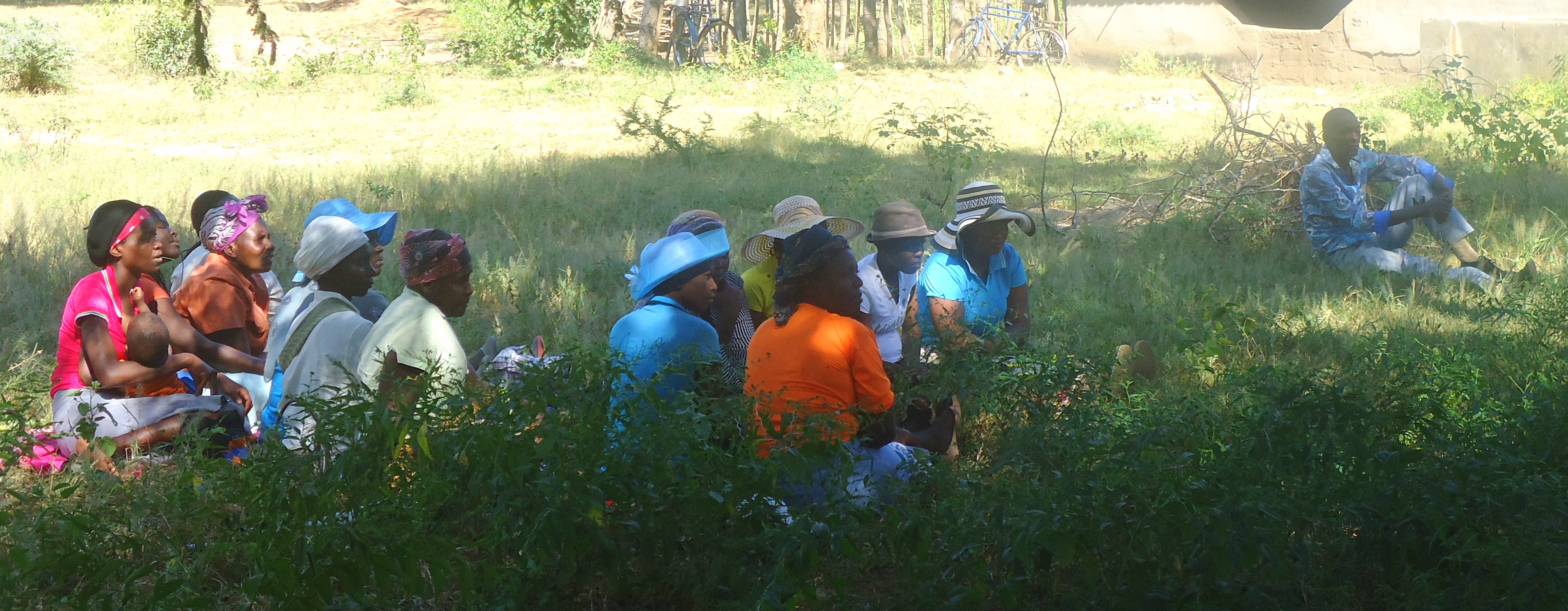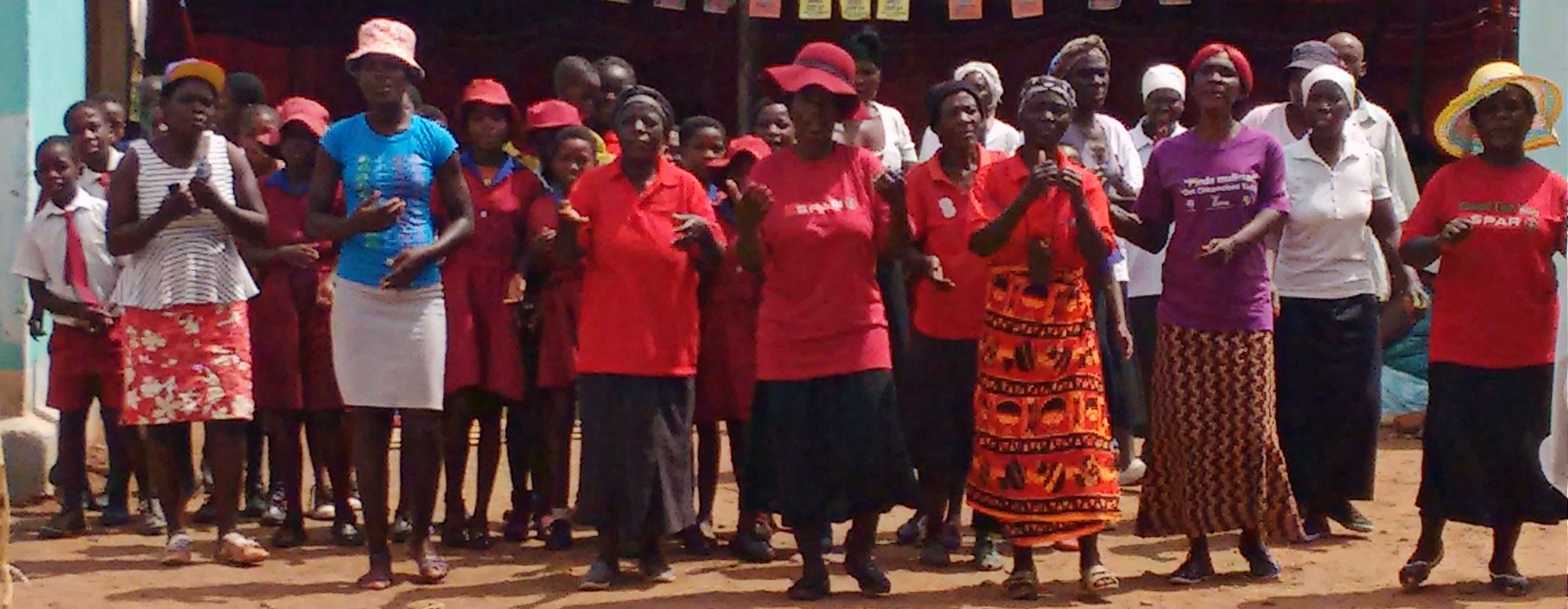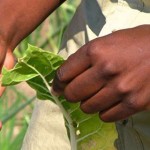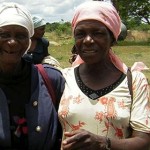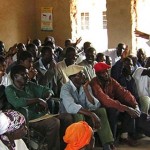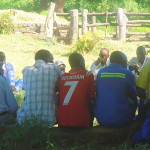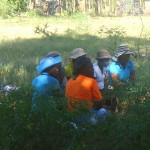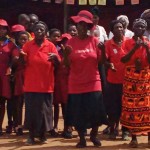In Zimbabwe, climate change and climate variability have caused catastrophic events in recent years. The cyclical phenomenon El Nino, in particular, has greatly damaged the rural economy of the country, based on subsistence agriculture and linked to natural rainfall.
In the district of Mhondoro-Ngezi, province of Mashonaland West, the water points have dried up due to drought and the cattle has suffered the greatest stress. Cattle are an integral part of the farming method on a small scale in the district and are important for the provision of family income, the workforce, the meat, milk and manure. The water supply, already inadequate both for domestic use, crops and livestock, was affected by prolonged droughts and small farmers have found themselves at high risk of crop failure.
With the necessary support, the livestock sector of small producers owners has the potential to increase yields, improve nutrition and reduce child malnutrition, providing the main source of animal protein, the increase in income and purchasing cereals for family nutrition.
The project aims to create and rehabilitate assets and resources materials and equipment for subsistence for livestock production in the district, and then restore three tubs for baths efficiency of livestock pest and drill three wells to increase water supply for domestic use, livestock and agricultural use (horticulture).
The project is integrated with other interventions in the district to help build the resilience, strength and the ability of communities to better manage and adapt to this emergency traumatic situation.

